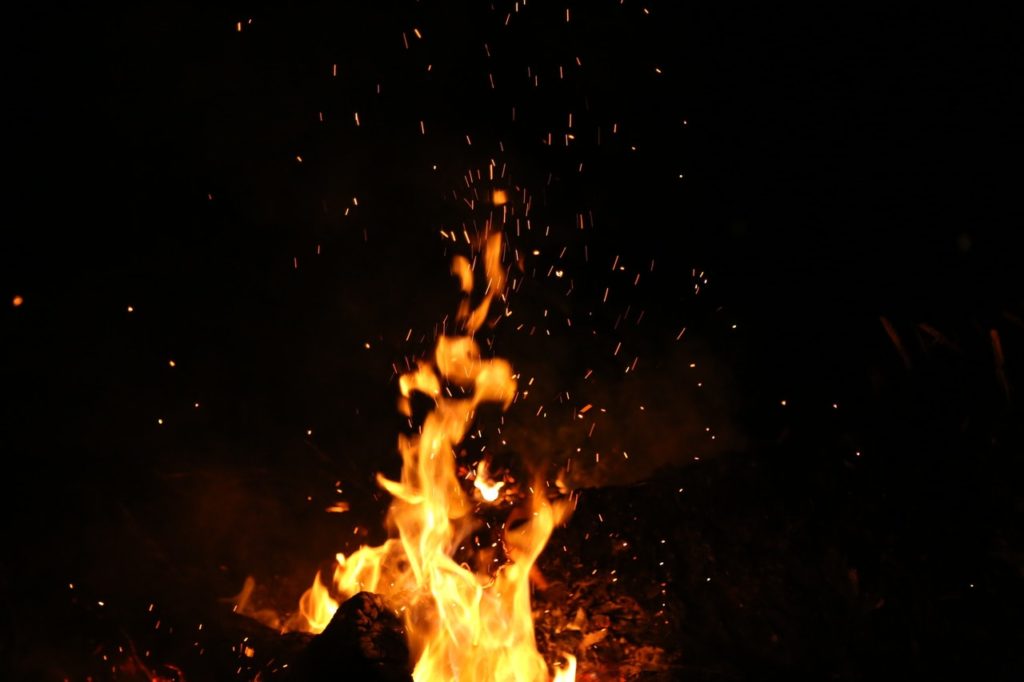The Challenge of Solitude

We are addicted to being busy.
In the western culture at least, we love to achieve, excel, and be persistently hurried to move on to the next thing. More than ever we need space to practice solitude, to be away from the noise, the frenzied lifestyle that renders us deaf to God's gentle voice.
A couple weeks ago I went away for a a few days of silence and solitude. On my return I questioned whether I was supposed to feel more rested or not. I realized that in past experienced, I did feel rested, but not this time.
Indeed, the ancient christian practice of silence and solitude isn’t merely meant for us to find physical rest—it’s much bigger than that.
I’ve had times of solitude and silence in the past but this time around, it felt like I was riding a bicycle for the first time. It was a bit shaky, awkward, imbalanced and full of failure. It took some time for me to get into the right headspace. I kept doubting myself as to whether I was “doing it right.” Should I pray more? Read more? Eat less?
It was the first time in a long time—over a year—that I hadn’t had a time of silence and solitude, but I’m encouraged to know that like most spiritual disciplines, they get stronger and more fluid with practice. You start to know where the pedals are without looking, how to have the best possible posture for optimum balance, and you learn to get off and on as though the bike becomes an additional limb. When the practice of solitude and silence becomes part of your rule and rhythm of life, you will get better at it.
Secondly, I didn't return from my day of solitude “rested” because of what solitude is actually for. Henri Nouwen puts it best when he says that “solitude is the furnace of transformation.” When Jesus spent 40 days in the desert to be alone with the father, he encountered temptations and wild animals. Similarly, solitude is the place where we face our own devils—our pain, our guilt, our shame, our temptations—the things that God wants to set us free from. It’s a place of honest introspection, where everything comes out and we encounter the truth about who and where we really are.
This may be emotionally and physically burdensome.
Indeed, the place of solitude is a place where one might feel quite far from God, because they are coming to grips with their own godlessness. In the classic book on contemplative prayer, “The Cloud of Unknowing,” the writer speaks of a “cloud” that seems to separate us from God when first seeking him in long periods of contemplation, silence, and solitude. God may seem distant, far, even angry.
This is why Dallas Willard reminds us that “we can only survive solitude if we cling to Christ there.” Having our emotional trauma and baggage show up (when we thought we were done with it all) can be distressing both physically and emotionally—this is the "furnace" part that all transformation requires.
Henri Nouwen beautifully describes what silence and solitude with God can cause us to feel:
Solitude is not a private therapeutic place. Rather, it is the place of conversion, the place where the old self dies and the new self is born…
In solitude I get rid of my scaffolding: no friends to talk with, no telephone calls to make, no meetings to attend, no music to entertain, no books to distract, just me – naked, vulnerable, weak, sinful, deprived, broken – nothing.
It is this nothingness that I have to face in my solitude, a nothingness so dreadful that everything in me wants to run to my friends, my work, and my distractions so that I can forget my nothingness and make myself believe that I am worth something.
But that is not all. As soon as I decide to stay in my solitude, confusing ideas, disturbing images, wild fantasies, and weird associations jump about in my mind like monkeys in a banana tree. Anger and greed begin to show their ugly faces. I give long, hostile speeches to my enemies and dream lustful dreams in which I am wealthy, influential, and very attractive – or poor, ugly, and in need of immediate consolation. Thus I try again to run from the dark abyss of my nothingness and restore my false self in all its vainglory…
The wisdom of the desert is that the confrontation with our own frightening nothingness forces us to surrender ourselves totally and unconditionally to the Lord Jesus Christ (The Way of the Heart, p. 27-28).
This is the challenge of solitude: to make room for us to see our own need for Jesus and to truly trust him to make us new. Even when everything in us wants to run way, go to our usual comforts, and take matters in our own hands.
There’s a greater goal to solitude than rest—it’s trust.
Trust that God is not a far off punishing and angry God, but a close, loving father, who loves us too much to let us stay the way we are.
The challenge of solitude is the challenge of the furnace—the fire—of transformation.
Comments